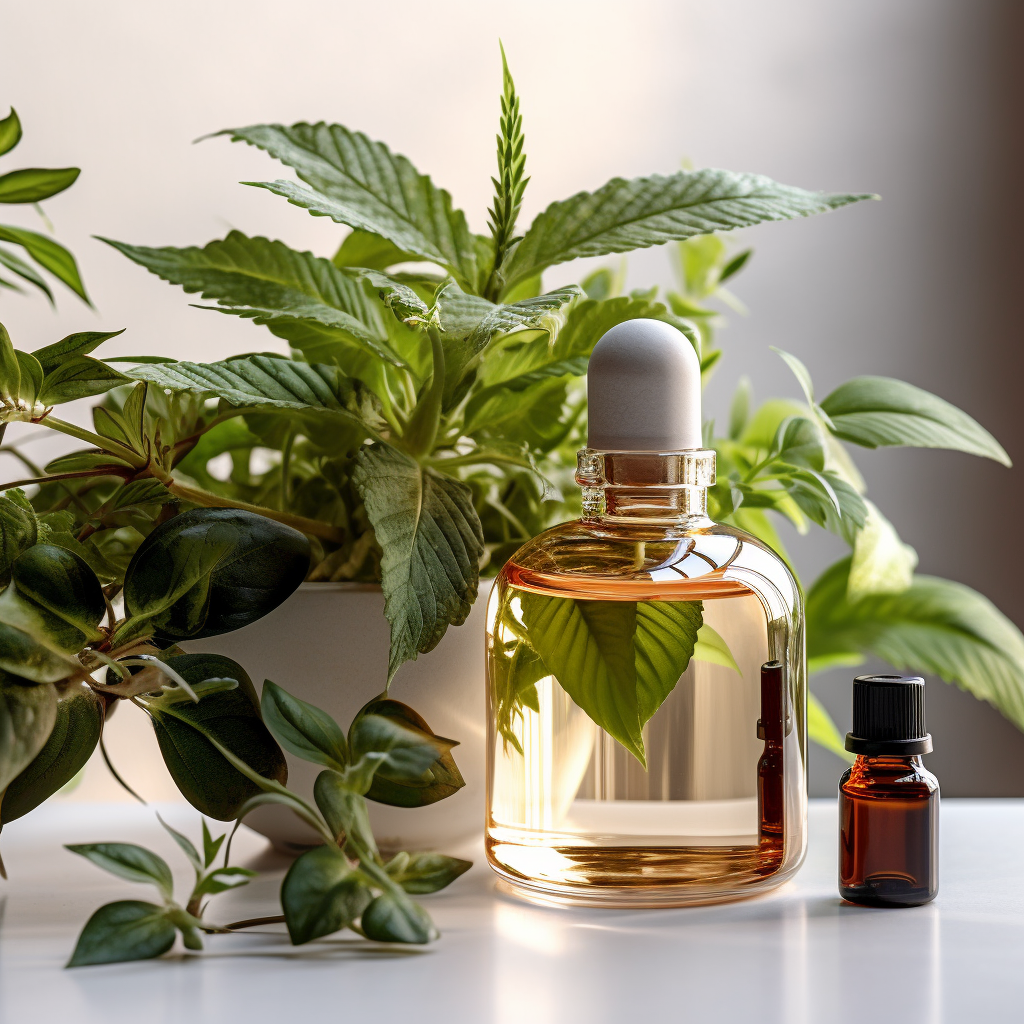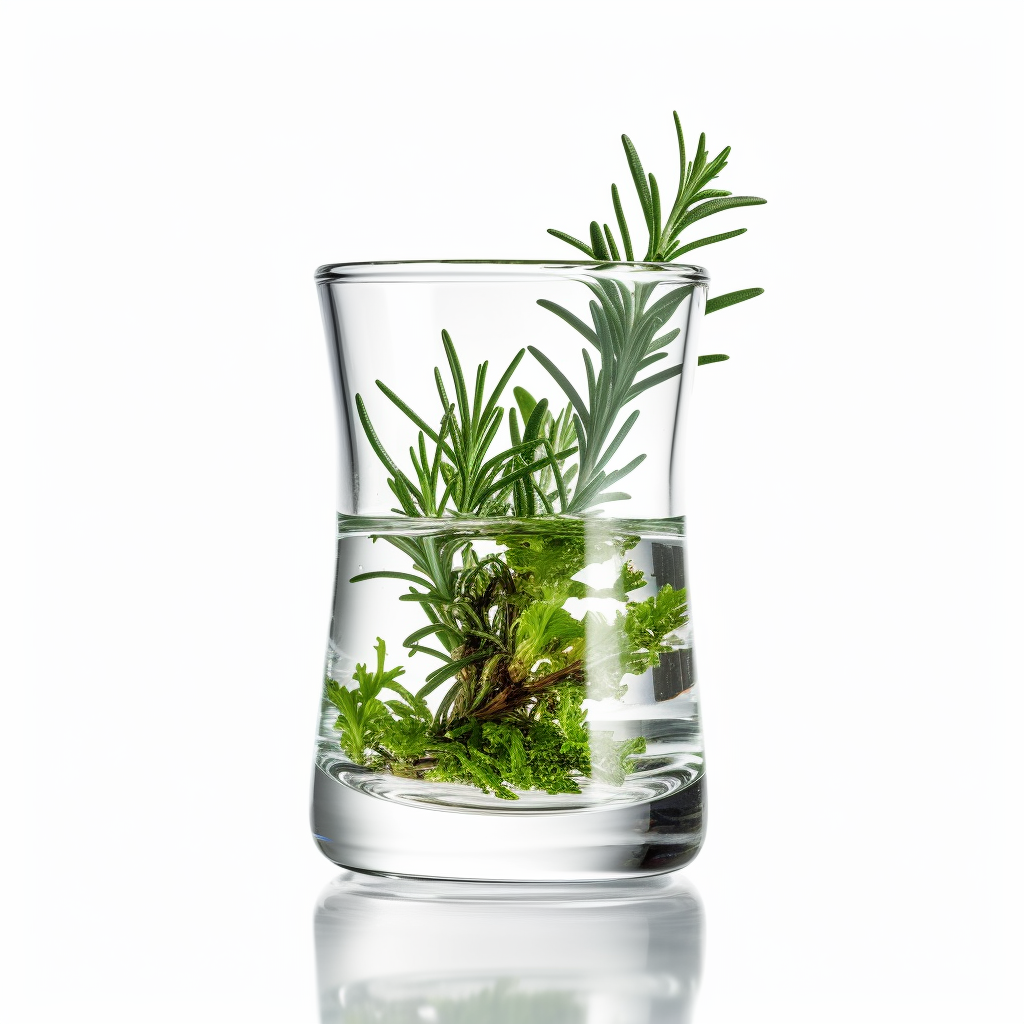Ethanol for Extraction: 200 Proof, 190 Proof, or Ever Clear? – 190 Proof vs 200 Proof for Extraction

Ethanol for Extraction: 200 Proof, 190 Proof, or Ever Clear?
Ethanol production contributed $34.7 billion to the country’s GDP. Manufacturers use that solvent to make sanitizers, extract oils, and as a cleaning agent.
Alcohol grading depends on the solvent’s concentration and the impurities present. In this article, you’ll learn what makes 200 proof ethanol vital in extraction procedures. And factors making it better than 190 proof ethanol or Everclear.
What is 200 Proof Ethanol for Extraction?
Vendors call the product 100% absolute, anhydrous, or dehydrated alcohol. However, it’s challenging to gain a 100% solvent concentration because it evaporates fast. Therefore, you’ll only get 99%+ ethanol processed from advanced molecular filtration techniques. And that means that the final product will contain little to no water.
The solvent doesn’t have toxic additives such as kerosene, isopropyl alcohol, or acetone that render it bitter and foul-smelling. 200 proof ethanol is often used in foods and beverages. For example, you’ll find the liquid in whiskey, rum, and vodka beverages. Or as the leading solvent that botanical oil manufacturers use in the extraction process.
High-Performance Liquid Chromatography (HPLC) is a technique that pure ethanol creators use to ensure purity. Some contaminants tested using that method are heavy metals such as lead, arsenic, and thallium. And after analysis, the pure ethanol has a concentration of 99.98%, with the rest being trace amounts of water.
How Does 200 Proof Ethanol Affect Extraction?
When you use USP grade 200 proof pure alcohol, you’ll have a high-quality end product. How? By preventing the solubilization of unfavorable impurities such as chlorophyll, pyrogens, and microbes. Also, the little water in absolute ethanol catalyzes the oxidation of pathogenic cell membranes and prevents combustion hazards.
The product helps you prevent disease transmission to your customers. When ethanol eliminates microbes such as mites, microbes, and fungus, you’ll get that benefit. Furthermore, alcohol increases your company’s yield and enhances quality consistency.

200 Proof Ethanol for Winterization
Winterization is a technique used to refine oil in the botanical oil industry. First, the oil extract is dissolved in ethanol, and then the mixture is cooled in a freezer. The cold temperature allows for separating different compounds based on their melting and precipitation points. This process causes the fats and waxes with higher melting points to solidify, which can be removed through filtration, centrifugation, decantation, or other separation processes. After removing these solids, a pure, liquid oil extract can be further processed and used.
The botanical extraction industry prefers using alcohol in the winterization extraction technique because the solvent solubilizes alkaloids, terpenes, cannabinoids and other beneficial oils that enrich the customer’s experience.
Apart from ethanol for extraction, essential oil manufacturers also benefit from ethanol as the ideal solvent. They remove waxes and lipid impurities with ethanol.
Ethanol is a pioneering solvent that could lead to the innovation of new medications and treatment modalities. Recent research supports that statement by confirming that pure alcohol preserves the integrity of tissues and nucleic acids of many plants. Thus serving as the basis for recycling the plant biomass waste acquired after extraction.
200 Proof Ethanol for Terpene Extraction
Ethanol facilitates extract of over 100 terpenoid molecules, together with significant cannabinoids. Distillers thus prevent the evaporation of those compounds, which could happen with steam distillation or vaporization. Therefore, extracting a highly potent product with ethanol for extraction.
What is 190 Proof and Everclear Ethanol?
Everclear Ethanol
Everclear is an alcohol brand that an entrepreneur named Luxco created in 1950. That company sells colorless and odorless 190 proof / 95% ethanol.
Manufacturers make the solvent from selected grains, hence the name grain alcohol. And distilleries alter, dilute, package, and distribute Everclear to food-based industries.
190 Proof Ethanol
The solvent contains 95% food-grade alcohol, similar to Everclear. That classification means that water accumulates a 5% range in any product volume sold. Moreover, the ethanol doesn’t have any denaturants. Thus, it’s safe for human consumption.
What are the Differences Between 200 Proof Ethanol and 190 Proof or Everclear?
Alcohol Per Unit Volume
There’s a significant difference in the water content found in 95% and 100% ethanol. You’ll get more of that solvent when you purchase absolute alcohol instead of Everclear. Consequently, you’ll produce high-quality and high-yield botanical extractions and tinctures.
Product Availability
Some states in the U.S, such as California, Ohio, and Maine, ban the sale of Everclear. In contrast, you’ll often purchase 200 proof ethanol without a permit. And some reputable companies, such as Simple Solvents, will deliver the product to your home or business address. However, ensure that you comply with your state’s laws and regulations.
Product Quality
Simple Solvents’ 200 Proof and 190 Proof ethanol products are both pharmaceutical and food grade. Everclear is a food and beverage grade ethanol that is not tested against the USP monograph.
Caution
Consuming pure grain alcohol is harmful to your health because your liver can best handle 20 -40% of alcohol present in vodka, whiskey, or rum. Examples of side effects include liver disease, nerve damage, confusion, and loss of physical control.
Use ethanol in a well-ventilated room and away from direct heat or flames. That measure prevents fire accidents because the solvent is volatile and highly flammable.
Due to several factors, 200-proof ethanol is considered better for botanical extraction than 190-proof ethanol. Here’s why:
- Higher purity: 200-proof ethanol is also known as 100% absolute, anhydrous, or dehydrated alcohol. It has a higher ethanol concentration, typically 99% or higher, with little to no water content. The ethanol will pick up water during the extraction process. Starting with 200 proof ensures you will get as many uses as possible of your ethanol because no water is present.
- Enhanced extraction efficiency: When using 200-proof ethanol, the higher ethanol concentration helps solubilize desired compounds such as alkaloids, terpenes, and cannabinoids in botanical extracts. It improves the extraction process by efficiently dissolving these compounds, resulting in a higher-quality end product with enhanced flavor profiles and therapeutic benefits.
- Improved yield and consistency: Using 200-proof ethanol in botanical extraction processes can increase the yield of desired compounds and improve the consistency of the final product. The higher purity and efficient solubilization properties of 200-proof ethanol contribute to a more reliable and reproducible extraction process.
Conclusion
200 proof ethanol for extraction is the common solvent that most prefer. Manufacturers rigorously test the alcohol, thus certifying that it’s free from heavy metals such as lead, arsenic, and denaturants. Moreover, you’ll get a higher percentage of the solvent when you use 200 proof than 190 proof or Everclear ethanol.
High purity and concentration give 200 proof ethanol an edge in ethanol for extraction procedures. Thus, botanical oil and essential oil companies use the solvent to obtain fragile organic compounds such as terpenes and alkaloids. Consequently, manufacturers satisfy customers with the potent product, leading to more profits.
